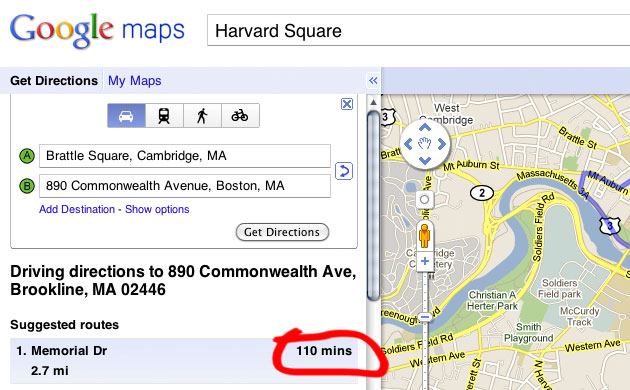Published January 18, 2011
- Sargent Shriver and his wife, Eunice Kennedy Shriver, celebrated the 25th anniversary of the Peace Corps in 1986 at the John F. Kennedy Presidential Library in Dorchester. (Elise Amendola/AP)
- Sen. George McGovern and Sargent Shriver in Washington on Aug. 8, 1972, after the Democratic National Committee endorsed Sargent Shriver as the new vice-presidential nominee. (AP)
- R. Sargent Shriver and his daughter, Maria, hold a newly minted commemorative silver dollar coin honoring his wife, Eunice Kennedy Shriver, at the U.S. Mint in Philadelphia, in 1995. (Nanine Hartzenbusch/AP)
- R. Sargent Shriver, left, is escorted to his seat his son, Anthony Kennedy Shriver, before funeral services for Sen. Edward M. Kennedy in August 2009. (Pool photo by Brian Snyder via AP)
- Then President-elect John F. Kennedy is surrounded by members of his family in his parents’ home in Hyannisport in December 1960. Standing, left to right Mrs. Robert Kennedy; Steven Smith and wife, Jean Kennedy; Robert Kennedy; sister, Patricia Lawford; Sargent Shriver, brother Ted’s wife, Joan; and Peter Lawford. Foreground, left to right: Eunice Shriver, a sister; Joseph Kennedy, his father, with Mrs. Kennedy seated in front; Mrs. John F. Kennedy; and brother Ted Kennedy. (AP)
R. Sargent Shriver, who founded the Peace Corps during the Kennedy administration and launched an ill-fated campaign for vice president, has died. He was 95.
Shriver’s family said he died Tuesday in Bethesda, Md., where he had been hospitalized for several days.
President Obama called Shriver one of the “brightest lights of the greatest generation,” a World War II veteran who embodied the idea of public service during his long and distinguished career.
Shriver announced in 2003 he was diagnosed with Alzheimer’s disease. His daughter, former California First Lady Maria Shriver, became a champion of the cause.
“He lived to make the world a more joyful, faithful, and compassionate place,” the Shriver family said in a written statement. “He worked on stages both large and small but in the end, he will be best known for his love of others.”
Shriver co-founded the Special Olympics with his late wife, Eunice Kennedy Shriver. She died in August 2009, just weeks before the death of her brother, Sen. Edward M. Kennedy.
In 1961, after President John F. Kennedy created the Peace Corps by executive order, Shriver served as the first director. The government agency celebrates its 50th anniversary in March.
Peace Corps Director Aaron Williams said Sargent was a “distinguished public servant and a visionary leader.” Williams said the Peace Corps has deployed more than 200,000 volunteers to 139 countries.
Former NPR president and Peace Corps official Frank Mankiewicz, who worked closely with Shriver, paid tribute to his friend in an interview Tuesday with All Things Considered.
“I’ll be surprised if there’s anyone who served as a Peace Corps volunteer or a staff member, either, for that matter from … 1961 to 1965 who isn’t grieving today and who didn’t see Sarge as a kind of an embodiment of the idealism that created the Peace Corps,” Mankiewicz said.
Shriver led President Lyndon Johnson’s “War on Poverty” later in the 1960s. He served as U.S. ambassador to France between 1968 and 1970.
Shriver would go on to become Democratic Sen. George McGovern’s running mate in a doomed 1972 presidential campaign, after vice-presidential candidate Thomas Eagleton abruptly withdrew from the race. Massachusetts was the only state to vote for the McGovern-Shriver ticket.
Four years later, Shriver sought the Democratic nomination for president but dropped out after a disappointing showing in the New Hampshire primary.
In 1994, Shriver was awarded the Presidential Medal of Freedom, the highest civilian honor in the United States.
“Sarge was a crusader for social justice and racial equality, a vice-presidential nominee who fought for peace, and a father who instilled a deep sense of duty in all of his children,” said Sen. John Kerry in a statement.





